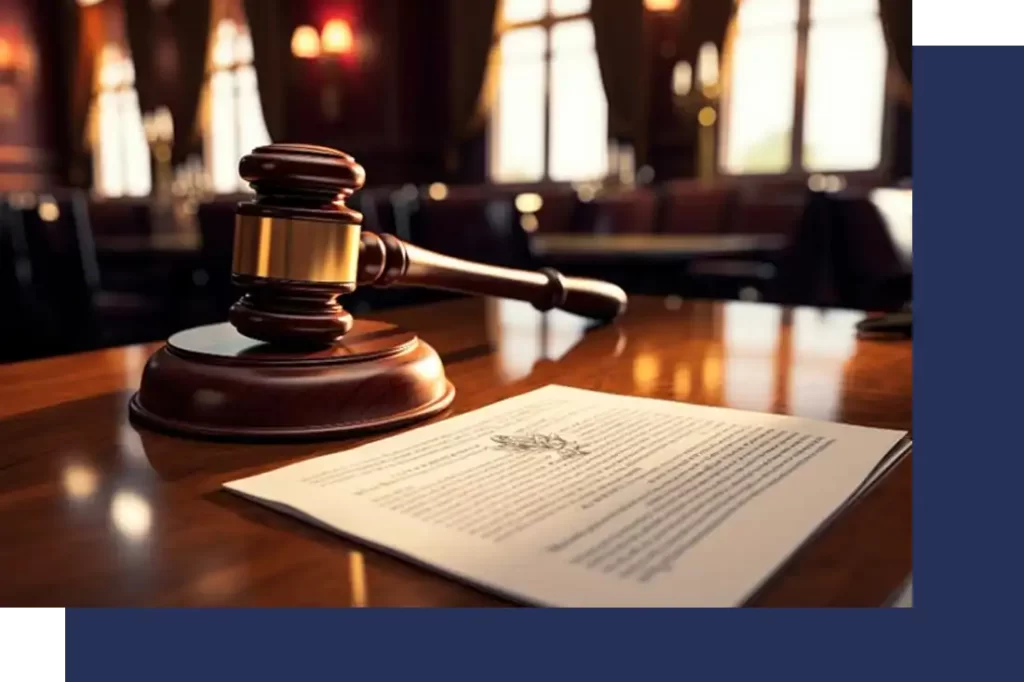Menu
Chiudi
According to article 648 bis of the penal code, anyone who replaces or transfers money, goods or other benefits resulting from a non-negligent crime, carrying out operations that make it difficult to identify their illicit origin, is considered a money laundering crime.
Self-laundering, according to article 648 ter 1, refers to the use of money, goods or other benefits deriving from non-negligent crimes for economic, financial or speculative activities, in order to hinder the identification of their illicit origin.

According to article 648 bis of the penal code, anyone who replaces or transfers money, goods or other benefits resulting from a non-negligent crime, carrying out operations that make it difficult to identify their illicit origin, is considered a money laundering crime.
Self-laundering, according to article 648 ter 1, refers to the use of money, goods or other benefits deriving from non-negligent crimes for economic, financial or speculative activities, in order to hinder the identification of their illicit origin.


Money laundering poses a threat to the global economy, fueling criminal activity and undermining confidence in financial markets. Illicit transactions contribute to the increase in organized crime and corruption internationally.
Anti-money laundering regulations are crucial in combating this illegal practice. Specialist lawyers provide legal advice to ensure regulatory compliance and develop money laundering prevention programs within organisations.
The expected penalty is imprisonment from four to twelve years, accompanied by a fine of €5,000 to €25,000. The penalty can be increased if the crime is committed in the exercise of a professional activity and decreased if the money comes from crimes with a penalty of less than five years’ imprisonment.
The penalty of imprisonment from one to four years and a fine from 2,500 euros to 12,500 euros are applied if the money, goods or other benefits come from the commission of a non-negligent crime punished with imprisonment of less than a maximum of five years.
Money laundering poses a threat to the global economy, fueling criminal activity and undermining confidence in financial markets. Illicit transactions contribute to the increase in organized crime and corruption internationally.
Anti-money laundering regulations are crucial in combating this illegal practice. Specialist lawyers provide legal advice to ensure regulatory compliance and develop money laundering prevention programs within organisations.
For a defendant to be convicted of money laundering or self-laundering, it is essential to fully understand the circumstances that led to the charges. In this context, a criminal lawyer specialized in these crimes can propose fundamental legal arguments for the client’s defense.
Furthermore, considering the widespread media exposure of such cases, it is of fundamental importance that the defense lawyer is able to protect the client’s image with competence and scrupulous attention to detail.

Relying on experienced professionals in the field of Money Laundering is essential to effectively navigate the complexities of this legal area.
We guarantee complete and personalized legal protection to address every aspect of the money laundering and self-laundering process.


© 2024- Icaa | Register Code: 16634899 | Privacy e Cookie Policy
| Powered by Flag Agency
© 2024- Icaa | Register Code: 16634899 | Privacy e Cookie Policy | Powered by Flag Agency